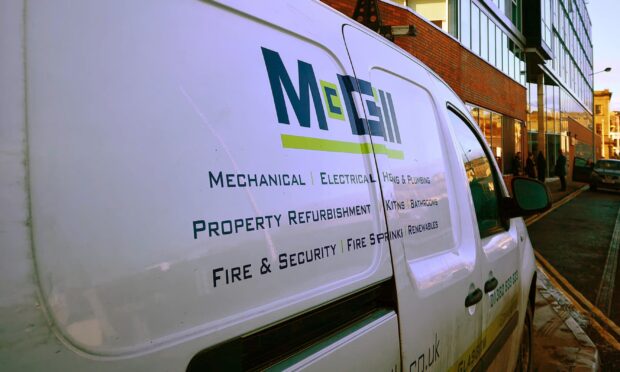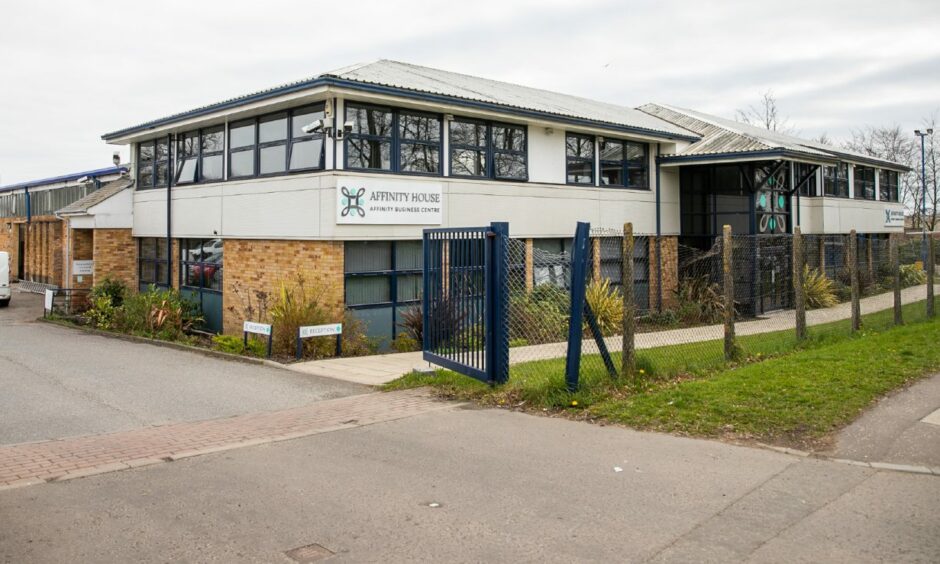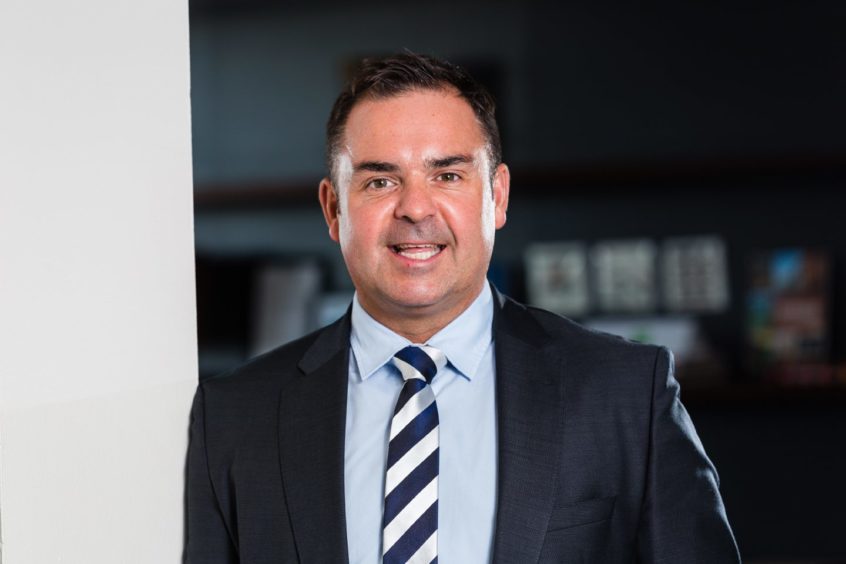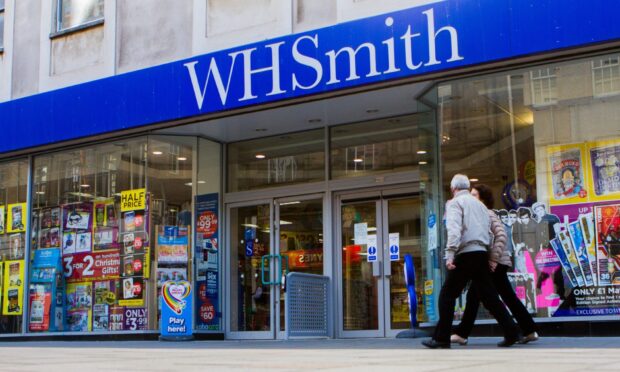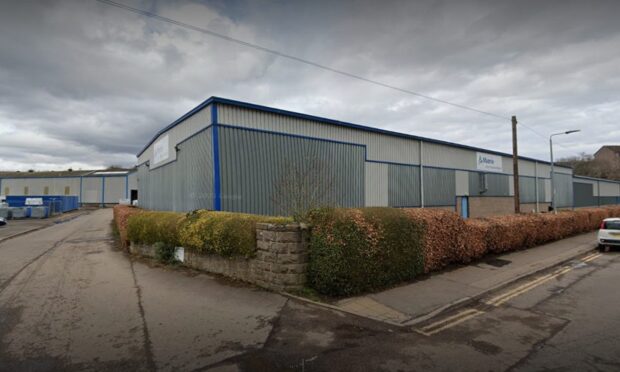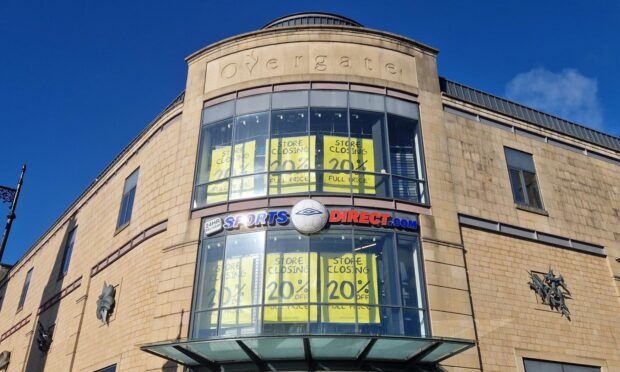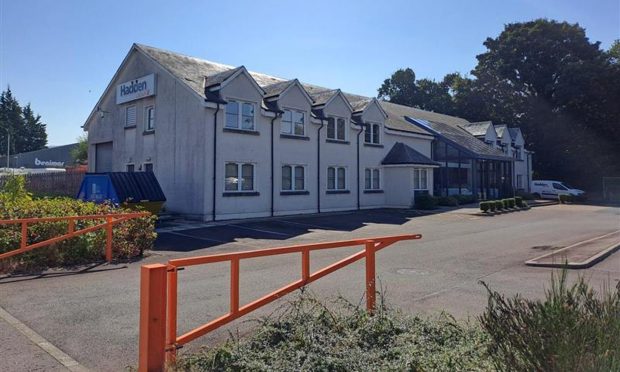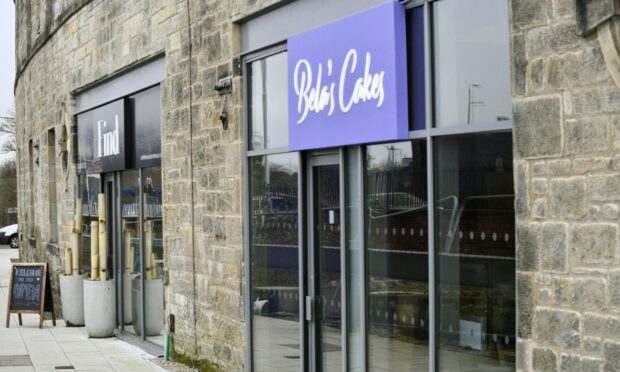Dundee building firm McGill went into administration with debts totalling more than £4 million.
A report by the joint administrators, show the extent of the building firm’s debts, including £1.3m due to HMRC.
McGill Facilities Management Limited collapsed into administration on Thursday last week, with the loss of 100 jobs.
It followed weeks of uncertainty about the company’s future, during which time 21 other staff left.
Another 11 jobs were transferred to SPG Fire & Security with the sale of McGill’s fire and security division.
What are McGill’s debts?
Administrators have identified debts of more than £4.4m.
There are wages arrears of £127,000, holiday pay due of £89,345 and pension payments of £77,452 owed – a total of £293,840.
For a “significant number of months” PAYE and National Insurance weren’t paid. This totals £1,292,045. Another £7,955 is due in VAT.
Bank of Scotland is owed a substantial amount of money and is a secured creditor. McGill’s records puts this at £602,732 though the amount is to be confirmed by the bank.
The total for “unsecured creditors” – mostly owed to other businesses – is estimated at £2,279,086 based on 199 claims.
What could administrators recover?
The administrators from Glasgow firm Leonard Curtis raised £36,500 with the sale of McGill’s fire and security division.
A review of McGill’s books estimates a current debtor book value of £4.6m. The administrators predict around £2m of this will be recoverable.
Their report states: “Information from company records is not complete in relation to some of the balances outstanding.
“Some jobs worked on by the company have been left incomplete.
“It is very unlikely that a full recovery in relation to the debtor balances will be made.”
The administrators have written off a book stock value of £150,000 stating that stock was “run down completely in the period leading to administration and none remains”.
Administrators describe McGill as leasing the Harrison Road headquarters from a landlord.
What happens next?
The administration process can last for years. In fact, the process from the last time McGill was in administration, in 2019, is still ongoing.
The administrators have employed a debt recovery company who will receive a fixed fee and commission for debts recovered.
The preferential creditors – workers and HMRC – are paid before anyone else. The administrators themselves will also take a chunky fee.
If £2m is raised from McGill’s assets then this would leave in the region of £400,000 after the preferential creditors are paid.
This would mostly then be used to repay Bank of Scotland – though a small percentage, known as the “prescribed part” would be kept for unsecured creditors.
This could end up being a few pence in the pound for unsecured creditors.
The report states: “Dividend prospects are dependent on the realisable value of the assets, particularly the debtors.”
Among the unsecured creditors listed is McGill owner United Capital Investments Ltd, owed £268,000. United Capital disputes this figure.
Fraser Kirk, director at United Capital Investments Ltd, said: “This figure does not include the seven figure loan paid into McGill Facilities Management, which remained due to be re-paid.”
United Capital owner Graeme Carling has described McGill’s administration as “hugely disappointing”.
More like this:
McGill collapse: What next for Dundee firm’s multi-million-pound contracts?
